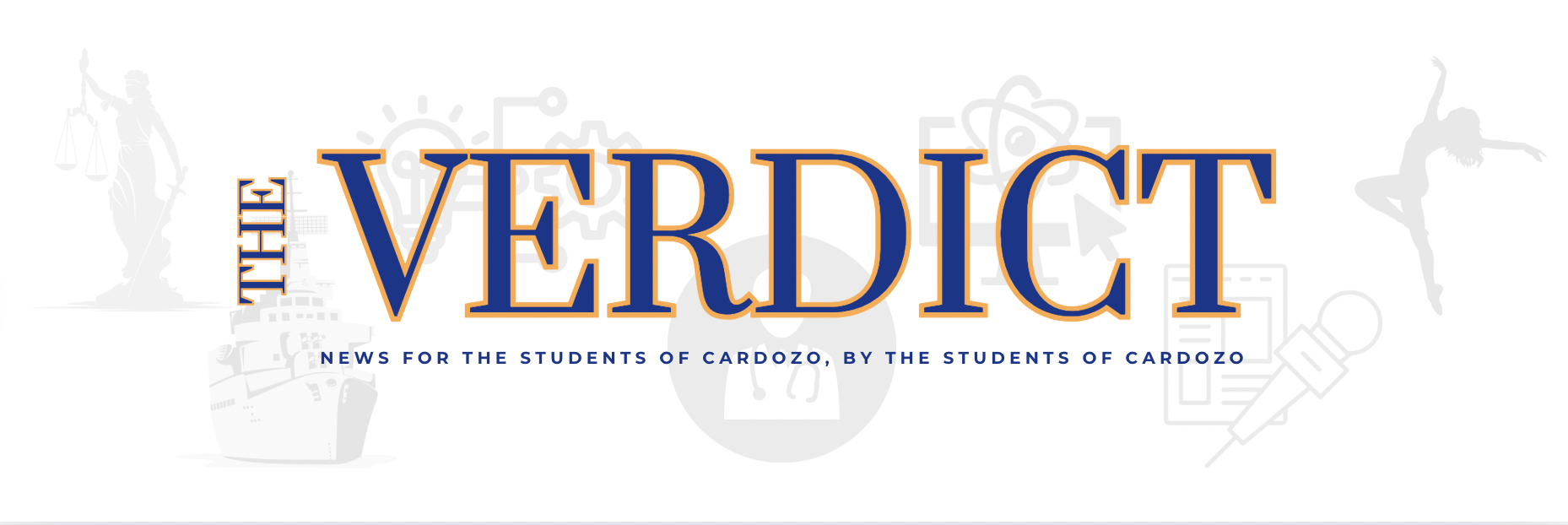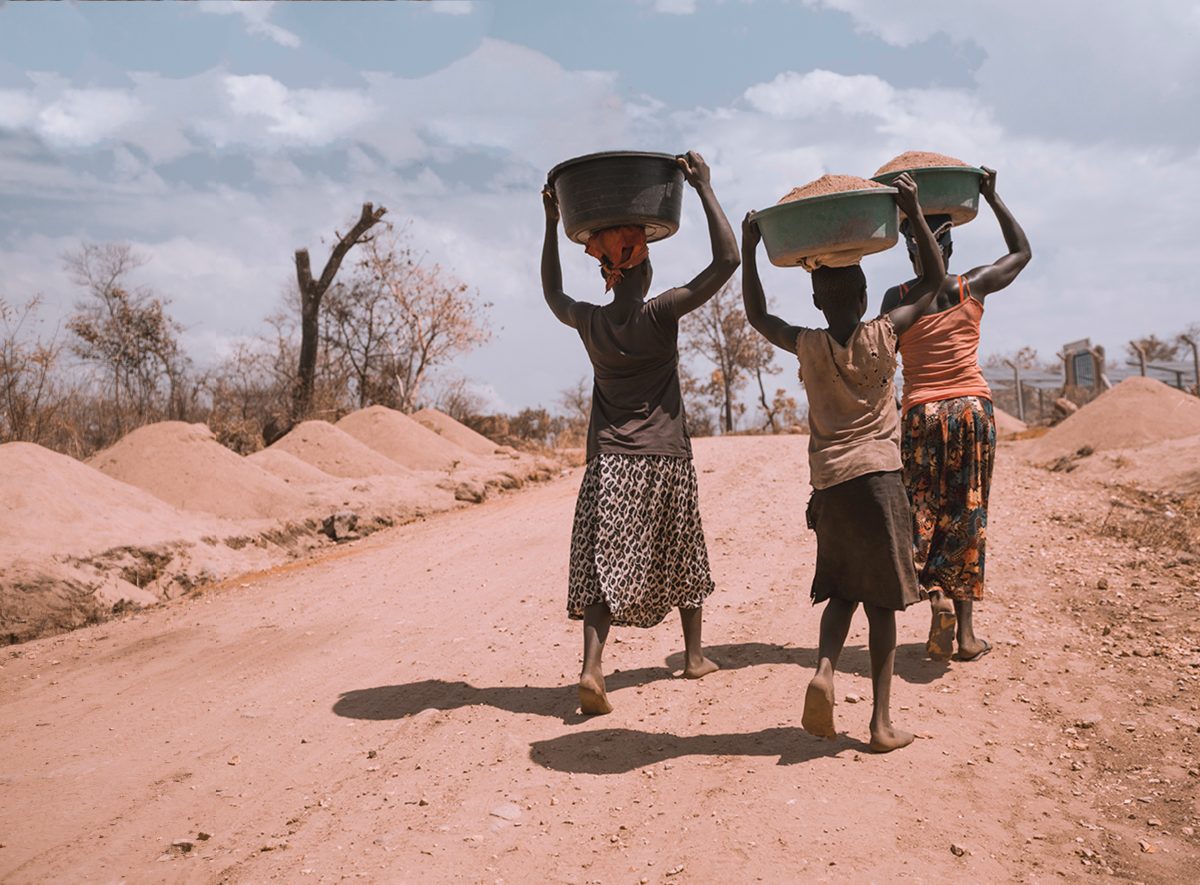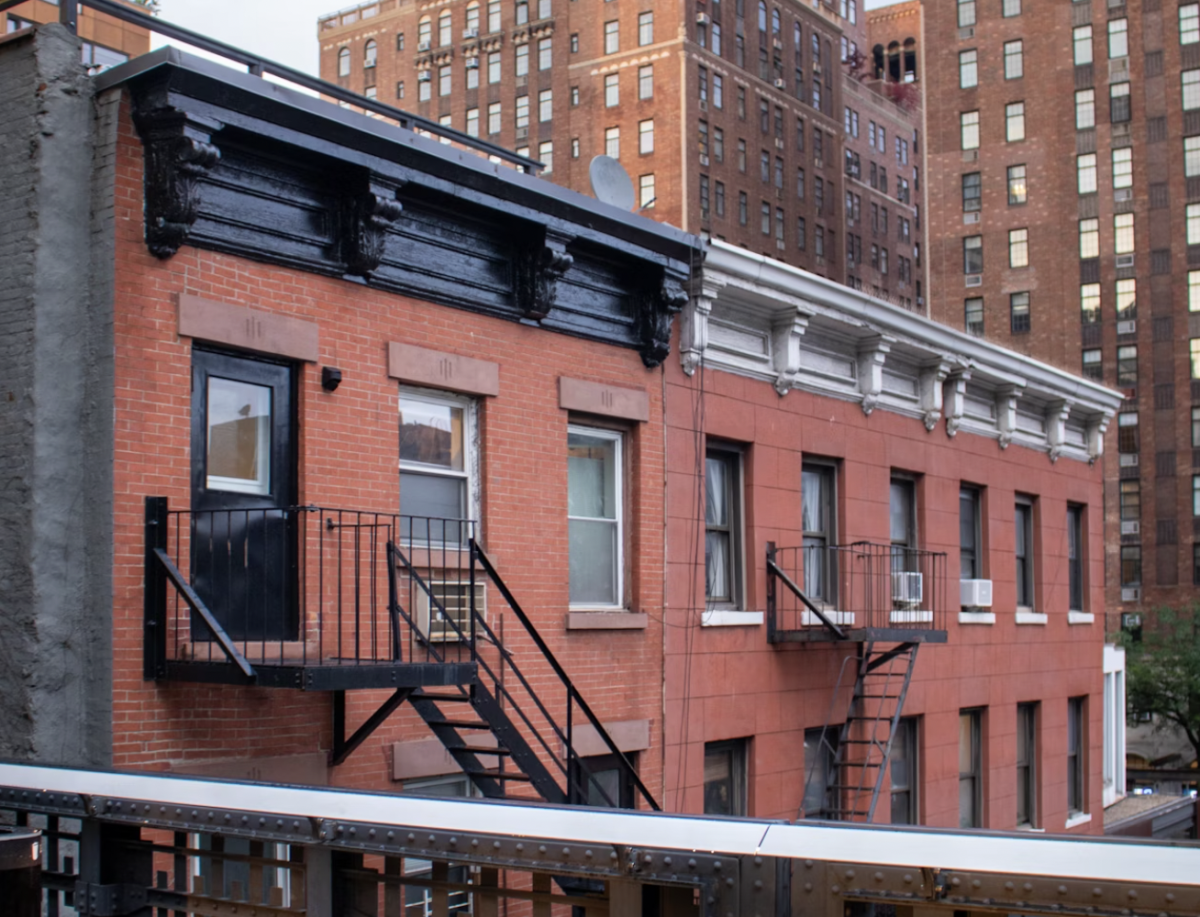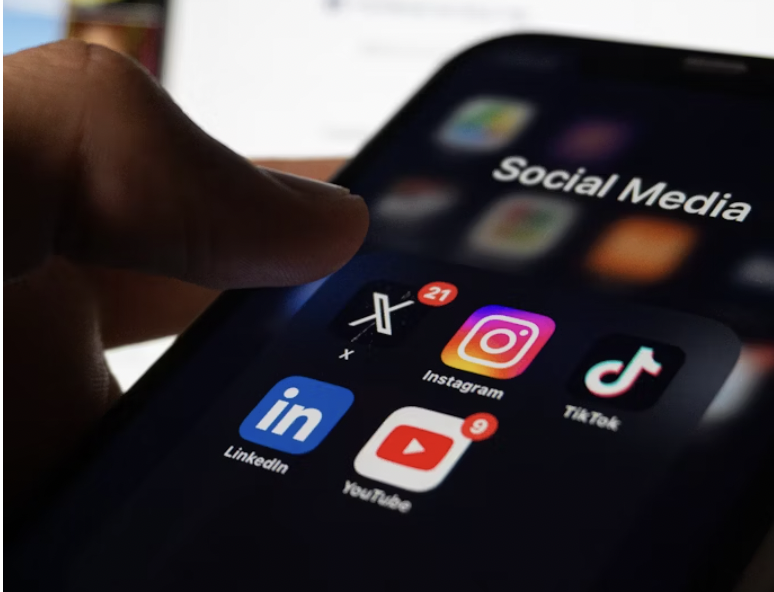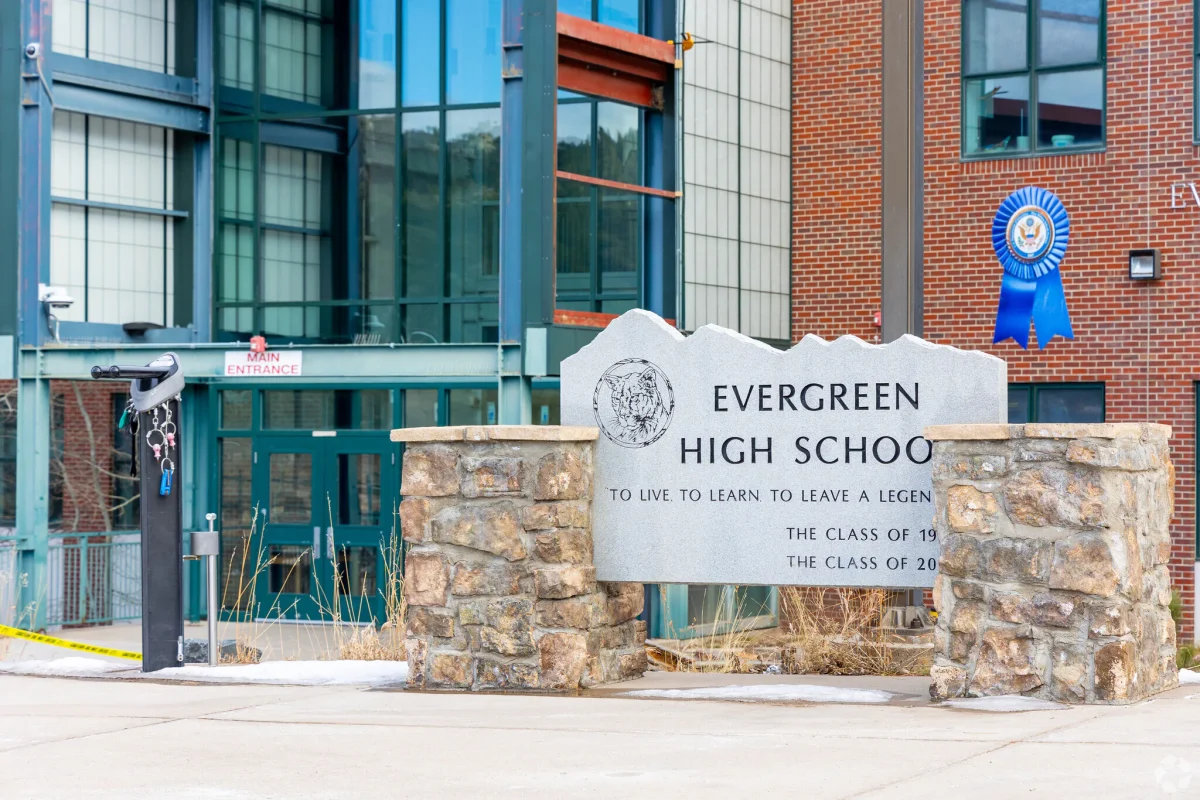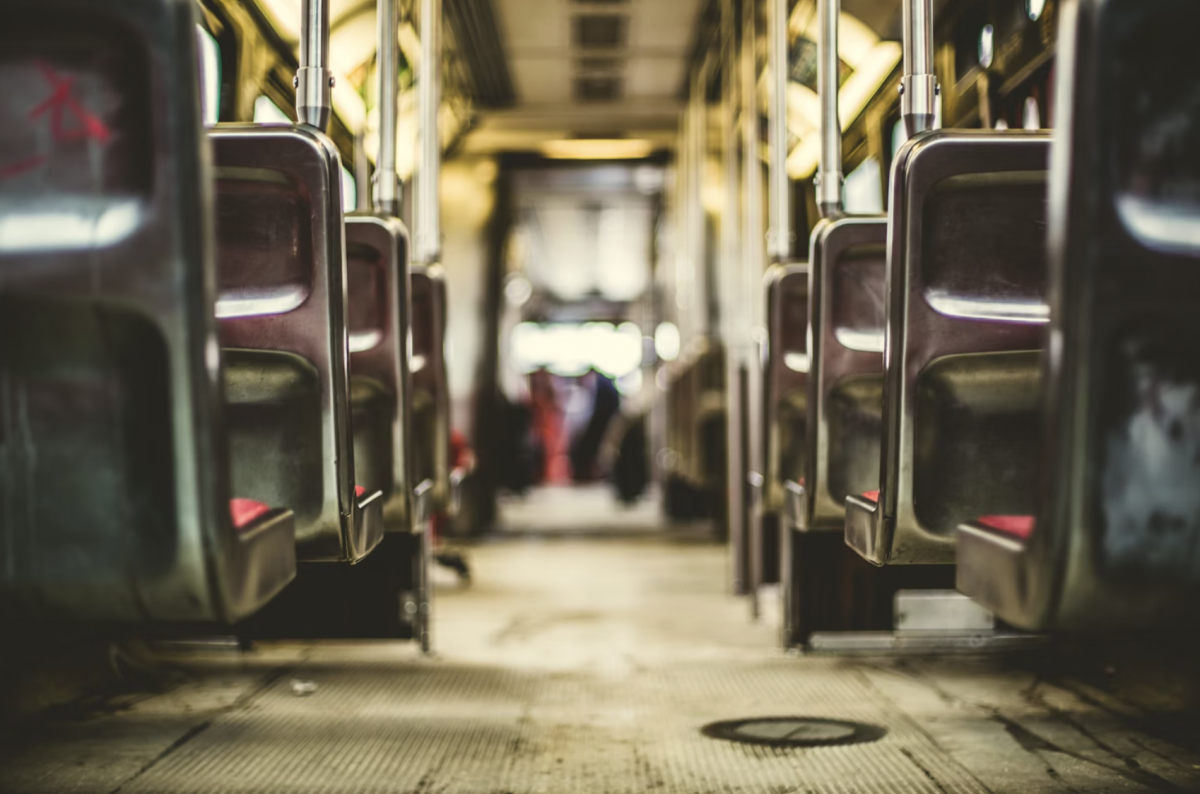The Democratic Republic of Congo (DRC), located in Central Africa, has the biggest reserve of Cobalt in any country—accounting for more than half of the cobalt used in the world today. Cobalt is a metal used for the batteries in our phones and computers, necessary to everyday life. For example, there is seven grams of cobalt in phone batteries and 13 kilograms in an electric vehicle.
Artisanal mining, or small scale mining for resources, grew important in the 1990’s, furthering with the Second Congo War. As Congo exported cobalt, the government established the Mining Code (2002) which created authorized zones in the north for artisanal mining and industrial mining. Fewer of the zones were created in the south where artisanal miners now create their own mines or work from areas of industrial mines, laboring in dangerous conditions.
Cobalt mining exposes artisanal miners to hard metals, causing health risks such as asthma, dermatitis, and cancer. Artisanal miners are not equipped with the necessary protection for mining as the Mining Code did not expand on procedures of safety, except when handling mercury. After mining workers carry a substantial amount of ores to clean up after the mines.
The DRC Labour Code does not employ enough inspectors to ensure the implementation of safe labor in artisanal mining areas not established in the Mining Code. SAESSCAM, an agency created to authorize mines, only does so in government authorized zones and not in the artisanal mines of southern Congo. However, the Congo government is aware of these mines as government officials exploit miners. Amnesty International reports, “Artisanal miners complained that the mines police and other officials demand payments from them for each sack of ore or to work on the site.”
The cobalt gained from artisanal mining in unauthorized zones is done so with the exploitation of workers. In 2014, UNICEF reported 40,000 children worked in the mines for over 10 hours a day. Some parents cannot afford to pay for school for their children because lack of public funding makes it necessary to pay fees.
The demand for cobalt is high as companies start to use clean energy for various purposes but ignore the labor through which their resources are gained. To make cobalt into batteries, first cobalt ores are delivered to markets such as Musompo where cobalt is sold to buyers who in turn sell it to smelter companies for more profit. Companies like Congo Dongfang and Huayou Cobalt, both Chinese companies, smelt the ore and sell it to industrial countries such as South Korea, America, and Germany.
Companies like Microsoft, DELL, and Lenovo most likely gain their cobalt from these smelter companies. Apple has addressed their batteries were from Huayou Cobalt but aims to use 100 percent recyclable batteries by 2025. However, Amnesty International states, “Demand for cobalt is expected to reach 222,000 tonnes by 2025, having tripled since 2010.”
To combat severe working conditions in Congo, companies should disclose their suppliers and the Congo government should establish more authorized zones in southern Congo while increasing access to schools.
